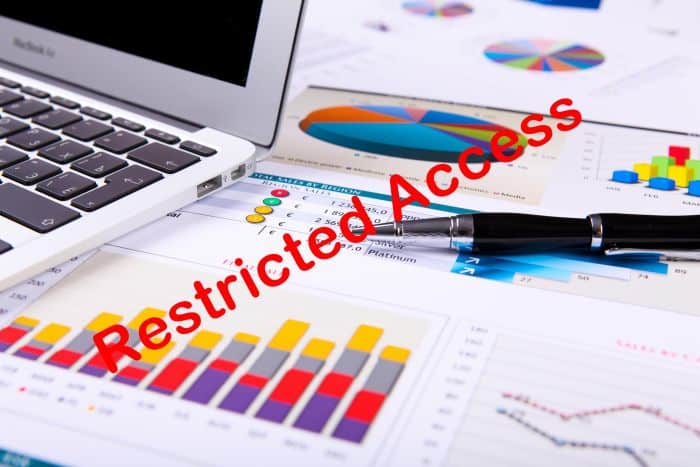Check and double check geotechnical information supplied by the client.
If the client supplies the information, it would be ideal for the contract to specify that your design/construction relies on the accuracy of that information and if it is wrong you can claim for losses. However, in reality the contract from the client may state that the contractor must verify the accuracy of the supplied technical data
If the client will not accept that that contractors can rely on the accuracy of the geotechniocal information in the tender stage, you could add in a cost line item to the tendered cost breakdown with the risk costs associated with the geotechnical data. Show a price based on accurate data, and the cost if you assume the worst case (much softer ground compared to what the data says). The client may accept a tender like that because it is not just fat built in the price, but a specific amount based on a stated risk (which will not be charged if the risk doesn’t arise).
Failure to cover these risks in the contract can lead to substantial extra costs to your company as the contractor, possibly leading to making a loss rather than a profit on the project. The difficulties in negotiations related to the geotechnical information could also lead to reputation loss whereby you will be less likely to win future projects from that client.
Remember also that any bad impression that the client has of you or your company will affect their decision to engage you again in the future and will also affect their rating of you as a reference to other companies and to industry surveys.

